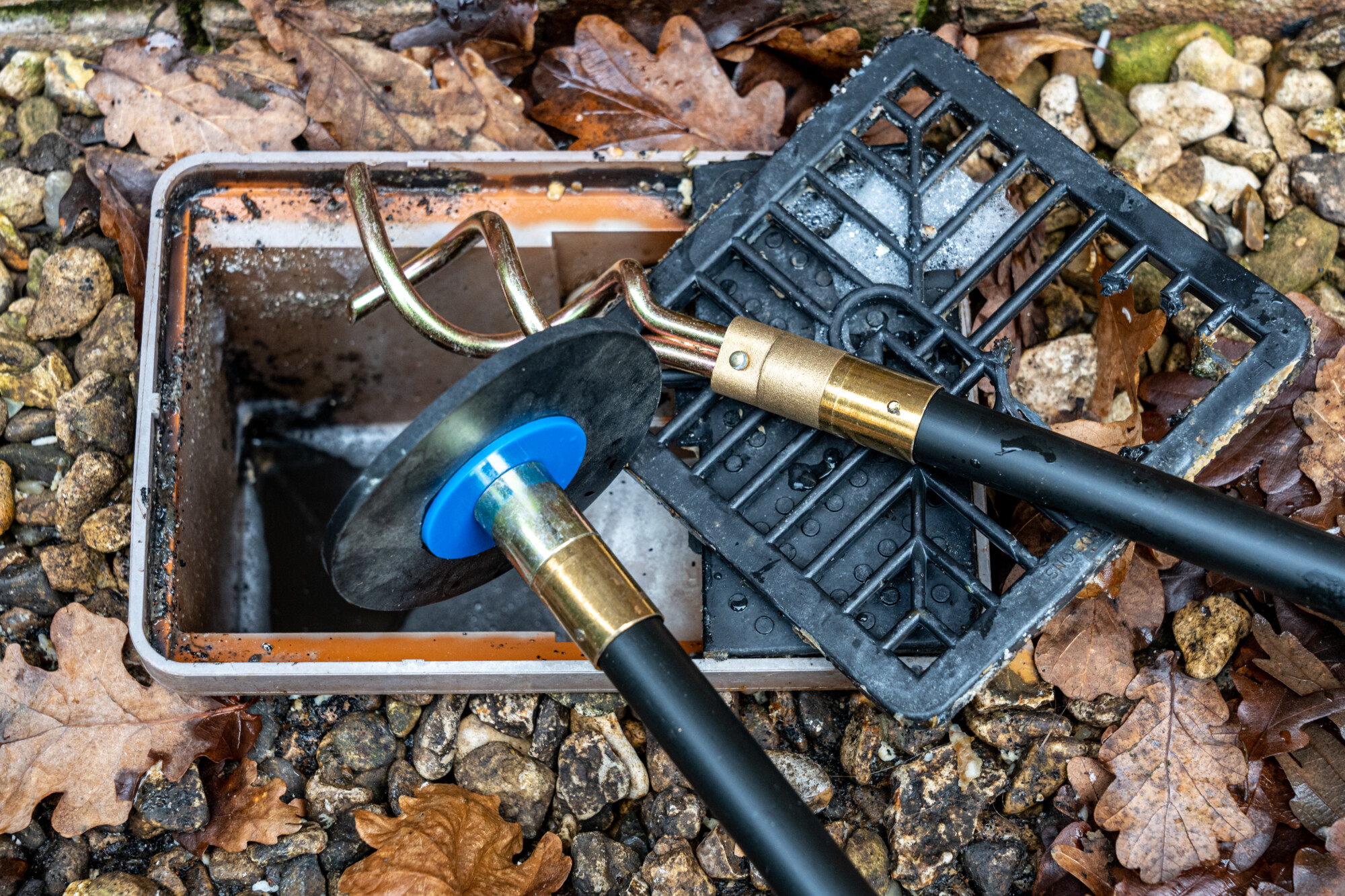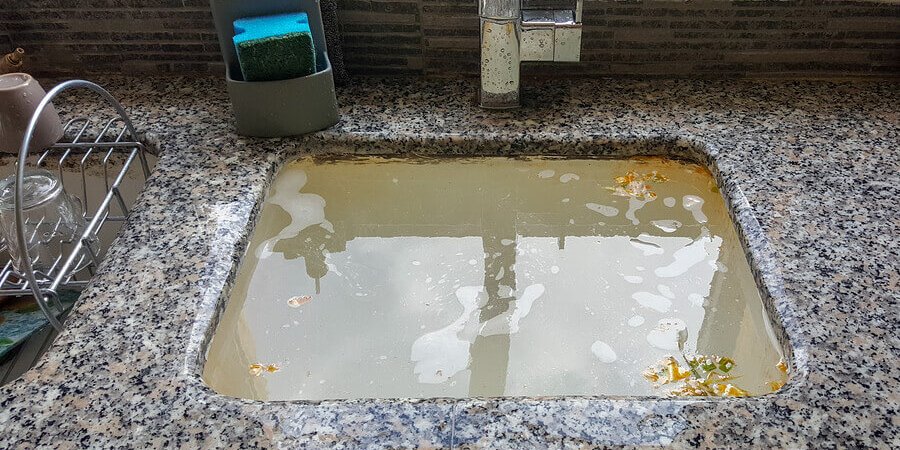Advice for Addressing a Blocked Drain Prior to Calling Professional Plumbers
Advice for Addressing a Blocked Drain Prior to Calling Professional Plumbers
Blog Article
This great article further down in relation to How to handle a clogged drain in your home is pretty much insightful. You should give it a look.

Intro
Taking care of a blocked drainpipe can be a discouraging experience, disrupting day-to-day activities and possibly triggering damage to your residential or commercial property. However, prior to reaching out to plumbing experts, there are actions you can take to attend to the concern on your own. In this overview, we'll discover do it yourself solutions and preventive measures to deal with an obstructed drainpipe effectively.
Determining the Issue
The initial step in resolving an obstructed drainpipe is acknowledging the indicators. Slow-moving drainage, gurgling audios, foul odors rising from drains pipes, or water backing up are common indications of an obstructed drainpipe. Recognizing these indications early can assist stop even more problems.
Picking the Right Pipes Solution
When picking a pipes solution, think about factors such as experience, licensing, and client testimonials. Select a credible plumbing technician with a track record of quality handiwork and transparent pricing practices.
Price Factors to consider
The cost of expert drainpipe cleaning company can vary depending upon the seriousness of the obstruction and the plumbing's rates. Request quotes from numerous service providers and ask about any kind of added fees to make sure openness and avoid shocks.
Safety Measures
When trying DIY drain cleaning, prioritize safety and security. Use safety handwear covers and glasses to prevent contact with damaging chemicals or bacteria. Never mix different drainpipe cleansing items, as this can produce hazardous fumes.
Instance Studies
Real-life examples show the performance of DIY options and the importance of prompt professional treatment in dealing with drainpipe obstructions.
Typical Sources Of Obstructed Drainpipes
Understanding the factors that contribute to drain pipes clogs is vital for efficient resolution. Common offenders include hair, soap scum, oil, food particles, and foreign items like sanitary products or paper towels. Tree origins invading underground pipes can also trigger considerable obstructions.
DIY Solutions
For minor obstructions, several DIY options can be efficient. Putting boiling water down the drainpipe can aid liquify oil and particles. Sodium bicarbonate and vinegar or a mix of salt and baking soft drink can function as natural cleaners. Using a bettor or plumbing serpent to remove blockages is one more option.
Tools and Tools
Having the right tools available can make DIY drain cleaning extra efficient. A bettor is a flexible device for removing clogs in sinks, commodes, and showers. A plumbing snake or auger can get to deeper obstructions, while drain cleansing chemicals can be utilized carefully for stubborn clogs.
Preventive Measures
To prevent future clogs, adopting safety nets is important. Set up drain guards or strainers to catch hair and debris before they enter the pipes. On a regular basis flush drains pipes with hot water to liquify oil accumulation, and stay clear of throwing away grease or strong waste away.
When to Call a Professional
While do it yourself remedies can resolve minor blockages, certain signs suggest the need for expert aid. Relentless obstructions, foul odors in spite of cleaning efforts, or numerous drains pipes backing up concurrently are red flags that necessitate expert intervention.
Final thought
By adhering to the tips described in this guide, you can effectively take on blocked drains and prevent future plumbing concerns. Whether opting for DIY services or seeking professional assistance, timely activity is key to keeping a healthy and balanced pipes system and protecting the integrity of your home.
10 TIPS TO CLEAR ANY BLOCKED DRAIN
SIGNS OF A BLOCKED DRAIN
Blocked drains can be a source of property damage and health problems for people and pets. The early warning signs of a blocked drain are:
Overflowing
You’re probably quite used to everything flowing down your drain. As a result, it’s quite alarming seeing water spill back up. If your drain is overflowing, that means you’re facing a blockage.
Gurgling sounds
Gurgling sounds indicate that the water is pooling and pushing against the pipe. If you experience this, it’s often the case that a blockage is a problem.
Slow draining
When emptying your sink or taking a shower, you might notice that the water pools for longer than expected. Usually, the problem worsens rather than getting better by itself, which suggests that the blockage is growing larger.
CAUSES OF A BLOCKED DRAIN
Although most people use their drains appropriately, it’s quite easy to make mistakes. Occasionally, everyday use results in blocked drains too. Common causes include:
Tree roots
Tree roots won’t be the cause of local drain blockages, but they can disrupt your main sewage system. The root keeps growing until it breaches the pipe and causes a blockage.
Toiletries
Although toiletries are essential, some can cause drain blockages. For example, nappies, baby wipes and sanitary products should not be flushed down the toilet.
Foreign objects
When you have kids, there’s always a risk they’ll flush something unusual down the toilet. Toys and other foreign objects become lodged in the u-bend, resulting in a blockage.
Mineral Buildup
When minerals such as calcium build up in your pipes, this causes constriction. Although this may not cause a blockage on its own, it does make it easier for other types of blockages to form.
Soap
Although liquid soap may not cause drain blockages, solid soap bars can get lodged within pipes until they eventually break down. One way to stop this from happening is to use a mesh wire guard to cover plug holes.
Natural Debris
Natural debris can fall into your outdoor drains, especially when you don’t use gutter guards. This usually means leaves and twigs, although it can include dirt and grit too.
HOW TO CLEAR A BLOCKED DRAIN
Boiling water
Boiling water is useful for tackling blocked drains caused by grease, conditioner, and some other kinds of toiletries. This is because these substances have a low melting point, and the extreme heat helps to break them up. Boil a kettle with water and pour it down the drain to shift the blockage.
Natural cleaners
You can use some natural cleaners to create a fizzing effect that breaks drain blockages apart. Try pouring hot water down the drain, then follow it with one cup of bicarbonate of soda and a cup of vinegar. Leave it for ten minutes, then chase it with more hot water. A combination of the hot water and the natural cleaner mixture can break blockages up.
Caustic cleaners
Some stores sell caustic cleaners that take stronger action against drain blockages. It dissolves grease, fat, and oils, making it ideal for tougher blockages. Always follow the instructions on the packaging and ventilate the room before starting.
Plungers
As a simple yet effective tool, plungers can help to dislodge local blockages. They work by forming a seal around the plug hole, followed by a vacuum effect that removes the blockage.
DIY drain snake
You can make a DIY drain snake out of any thin metal wire, such as a coat hanger. Leave a hook at the end of the snake and insert it into the plughole. Try using it to fish out local blockages made of hair. This approach is most effective in showers.
https://preciseservices.com.au/10-tips-to-clear-any-blocked-drain/

Do you really like reading up on 8 Tips For Clearing A Blocked Drain? Try to leave feedback down below. We will be glad to hear your opinions about this post. We hope to see you back again later on. In case you enjoyed our post plz do not forget to pass it around. Thanks a lot for taking the time to read it.
Book Services Report this page